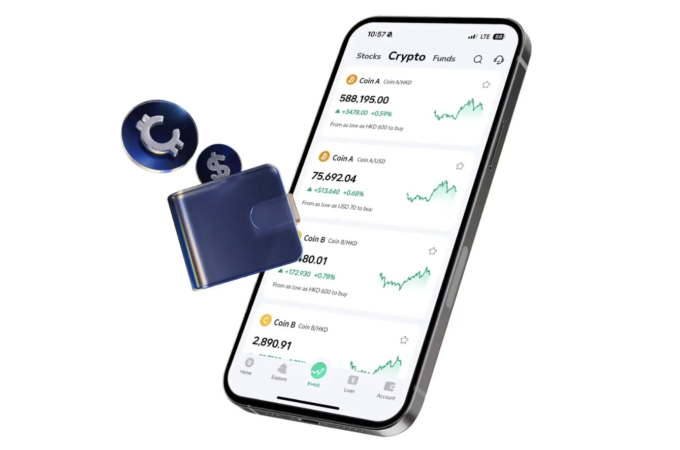Teaching China’s Shoppers How to Spend
WIRED: It’s the perfect Internet strategy: Position yourself at the mouth of a datastream, then get people to feed into it. Take Google: Because it grows anytime someone surfs the Internet, the company invests huge amounts of time and money making it easier for people to log on—going so far as laying miles of fiber-optic cable in Kansas City and delivering Wi-Fi via high-altitude balloon in Australia. Or Amazon: Because it’s become many shoppers’ default service for online purchases, the company has flooded the market with cheap devices—from Kindles to voice-controlled speakers—to capture every stray consumerist desire. Alibaba, for its part, had the largest IPO in history because the hugely popular retailer benefits almost anytime someone in China spends money online. So now it’s trying to pump even more money into China’s online economy, by introducing the country’s consumers to the tools of modern finance.
At least that’s one way to look at Ant Financial. Run by Alibaba cofounder Lucy Peng, the division—which was spun off into its own company in 2011—began as an outgrowth of Alipay, the company’s version of PayPal. Since then it has expanded into a full-scale financial services firm. It now includes a money-market fund, a peer-to-peer lending service, and a microloan program for online entrepreneurs. In February it announced a fund to seed Hong Kong–based startups that want to do business on Alibaba’s platform. And the company is developing Sesame, which will assign credit scores based on Alibaba customer data, thus potentially making it easier for millions of consumers to get loans—and, from there, to start small businesses, many of which will likely set up shop on Alibaba’s platform.
Alibaba’s relationship with the Chinese government has always been fraught, but the two entities share an interest in increasing the purchasing power of the Chinese populace. Indeed, China granted Alibaba one of five licenses to establish a private bank, part of an effort to establish critical financial infrastructure in the as-yet underserved country. (Alibaba rival Tencent received one as well.) Erik Gordon, a professor at University of Michigan’s Ross School of Business who has studied Alibaba, says that if the company can become the default bank for China’s working and middle class, its financial services business could dwarf its current ecommerce enterprise. “I wouldn’t be surprised if in 10 years Ant was the largest financial institution in the world,” Gordon says. “Nothing would surprise me less.”





